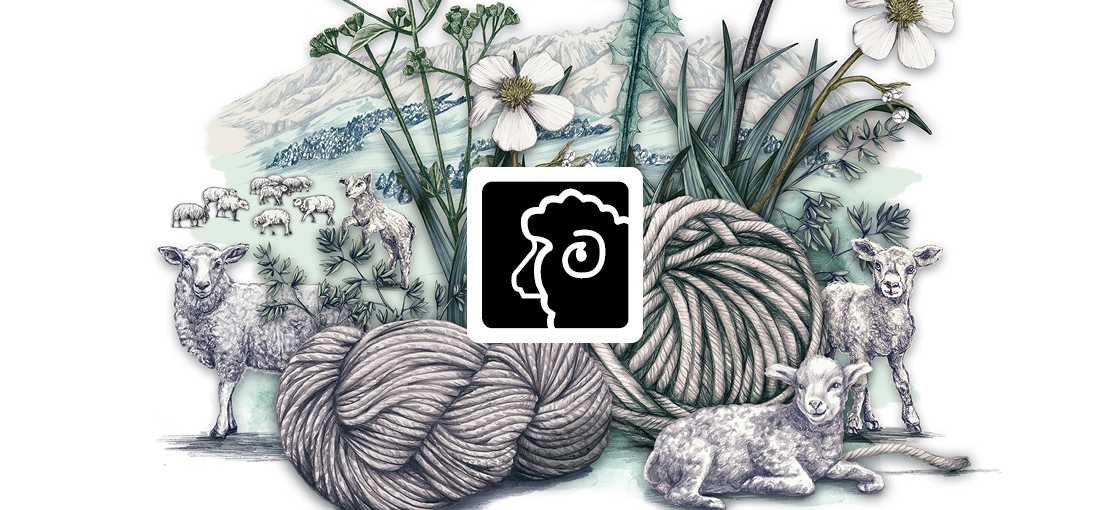
Warm and Wooly
Wooly, warm, wonderful
We use the finest wool from Merino sheep for your VAUDE products. Wool provides pleasant warmth, wicks away moisture and regulates your body’s microclimate naturally. It is a sustainable and renewable resource and is also wonderful soft on the skin. keeping you snug, warm and feeling simply great.
Wool - natural fiber with function
Sheep protect their bodies with a wonderfully warm and water-repellent coat - wool. Virgin wool, such Merino, is usually used for clothing. Virgin wool is shorn from healthy, live sheep, washed, sorted and processed directly into felt fabric (boiled wool) or spun into yarn and then knit or woven.
Wool has a high natural content of fat (lanolin). The less the wool is treated, the higher the water repellency of clothing due to the oils in the wool.
Merino wool fibers are naturally curly and perfect for fluffy yarns. The warm air within the fabric provides an insulation effect. Wool products are cozy and warm even when they are wet.
Products made of wool or fiber blends with wool sometimes have small nodules on the fabric. This is completely normal. If they bother you, just roll over them with a lint roller.
Many of our wool products are dyed with an environmentally friendly process - more information about this here.
VAUDE’s commitment with the Responsible Wool Standard
The Responsible Wool Standard is a new, voluntary international standard in the interest of animal welfare for sheep and the land that they graze upon. Fifteen brands have already made a commitment to the Responsible Wool Standard and VAUDE is one of them.
Our entire supply chain for wool is currently working on the implementation of the standard. This is taking place not only at VAUDE, but also at our
- manufacturers who sew clothing
- fabric suppliers who weave/knit the wool
- yarn suppliers who make the yarn
- wool processers who buy the wool and prepare it
- farms where the seep is raised
This will take some time, and VAUDE is working hard to be one of the first outdoor brands to bring RWS certified products to the market. The first milestone has already been reached and VAUDE itself is RWS certified.
Green Shape (RWS) Wool - Movie:
Animals need protection
Unfortunately, the production of wool sometimes has a darker side:
Many Merino sheep, particularly in Australia, have been bred to have deeply wrinkled skin to increase the wool yield per animal. Moisture gathers in the folds. This attracts flies, which then lay their eggs there. The hatched larvae bore into the skin of the sheep which often leads to infections.
To prevent this, the farmers remove large areas on the sheep without the use of anesthesia, which is associated with pain and inflammation for the sheep. This procedure is called "mulesing". Animal protection groups have criticized this practice for years, and the wool industry is under pressure to finally remedy the situation with legally binding standards.




